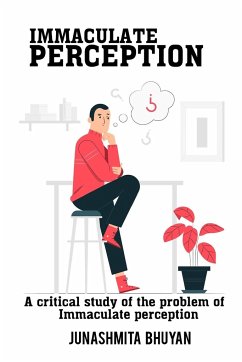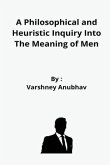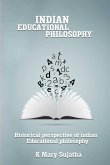Perception is regarded as the most fundamental and final test of knowledge. It is an immediate process of the consciousness of an object. The truth of perception is unquestionable and self-evident. One can question the truth or validity of inference or testimony, etc., but one can¿t question the truth or validity of perception; it is beyond doubt. Hence, V¿tsyay¿na says, "When a man seeks the knowledge of a certain thing, if he is told of it by a trustworthy person and has the verbal cognition of the thing, there is still a desire in his mind to ratify his information by means of inference through particular indicative features; and even after he has been able to get at the inferential knowledge of the thing, he is still desirous of actually seeing the thing with his eyes; but when he has once perceived the thing directly, his desires are at rest and he does not seek for any other kind of knowledge."1 The chief problem in the epistemology of perception is that of explaining how perception could give us knowledge or justified belief about the external world, about things outside of ourselves. Is the sensory essence everything there is to the content of a perceptual experience? Are the objects of perception internal to consciousness or external? Are they restricted to individuals? Or whether universals are also perceived? How about relations? Whether the content of a perceptual experience is restricted to being unconceptualized, or can any part of it be conceptualized as well? These are the questions that have always attracted the attention of all the thinkers in both Eastern and Western traditions throughout the centuries. In Indian Epistemology, the word pratyak¿a is used for perception. The term pratyak¿a consists of two parts, ¿prati¿ means before or near or related to and ¿äsä means eye. The process through which immediate knowledge of an.







